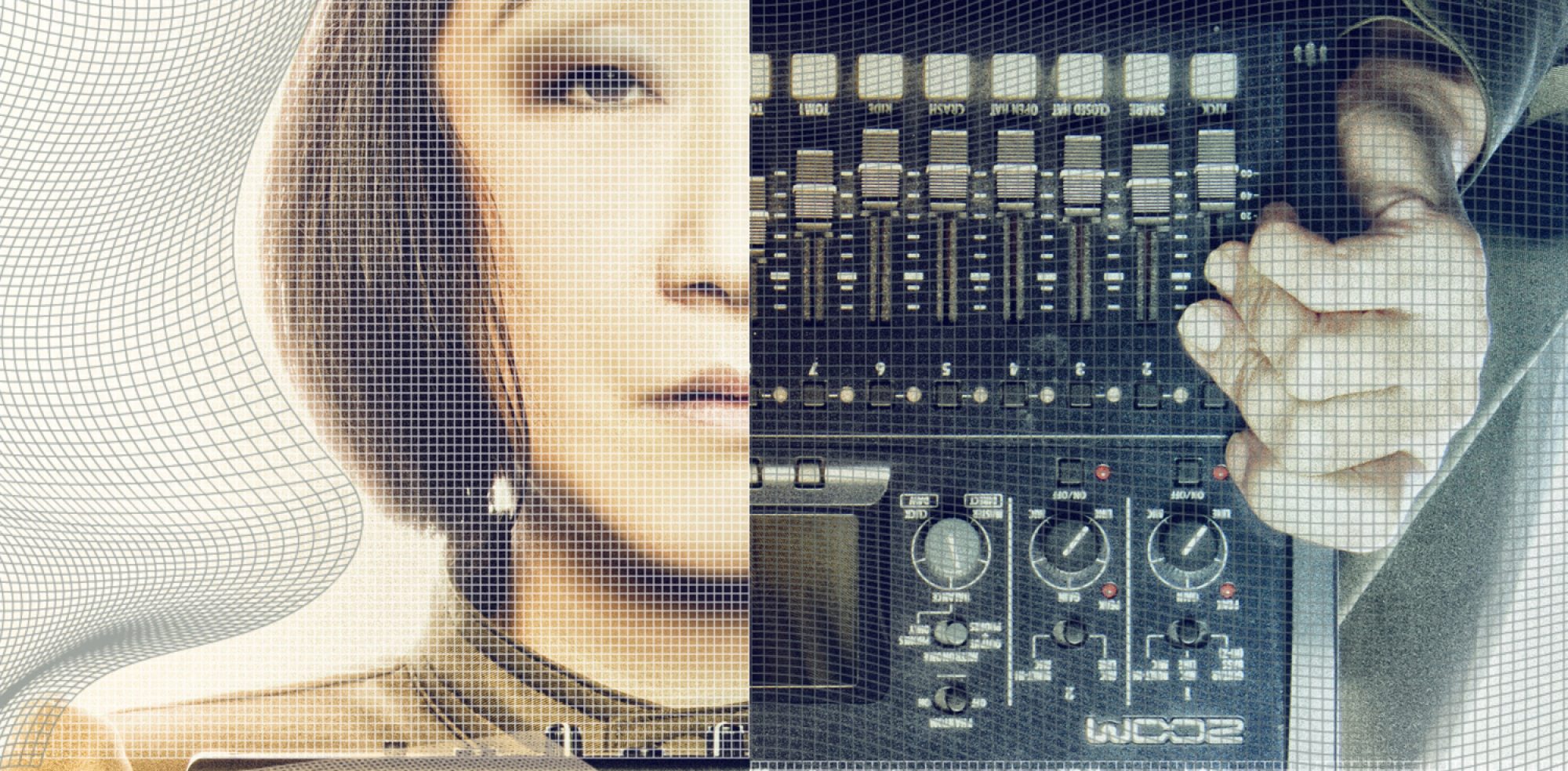
During my fellowship in Wiesersdorf, I composed a piece for bass trombone and Moog Grandmother synthesizer. And the theme was ‘a sort of requiem for my mother and my cats’.
As my family come from Buddhist, I needed to express this through the sounds- not like European way of Requiem-, thus I focused on the sound structure of the oldest Buddhist bell (Bonsho) which thought to have been manufactured around 682 in Japan.
For all of Japanese people those Bonsho-sound are very familiar and even there is a tv show only showing banging the bell during the end of each year.
For me, one of Haiku comes up my mind always when I imagine the sound of Bonsho. English translation will be:
Eat a persimmon And the bell will toll At Horyuji
Wrote by Masaoka shiki (1895)
In this very short text brings me very specific image- what time, which season and how this person felt at this moment. A haiku captures a scene in a nutshell, and that scene is ultimately a reflection of each experience.
But what kind of story could be told if this uniquely Japanese sound were to be heard in nature in Europe for European people?
My short performance will be held in the outside. The spectrum of sounds at the core of my piece- Bonsho tones- are electrically made by me and played through cassette tape recorders which we all fellows had in our rooms. You might listen birds singing or airplanes on the air or cars driving through the street. It could be for some people “irritated” – but it is same as our lives. We all live in a different way, different speed. Only when you can accept(or respect) others, this can make your own “harmony”. I hope you will compose your own harmony with Bonsho sound.
And this will be the new memory of my wonderful fellowship in Wiepersdorf with Buddhist bell for me.
